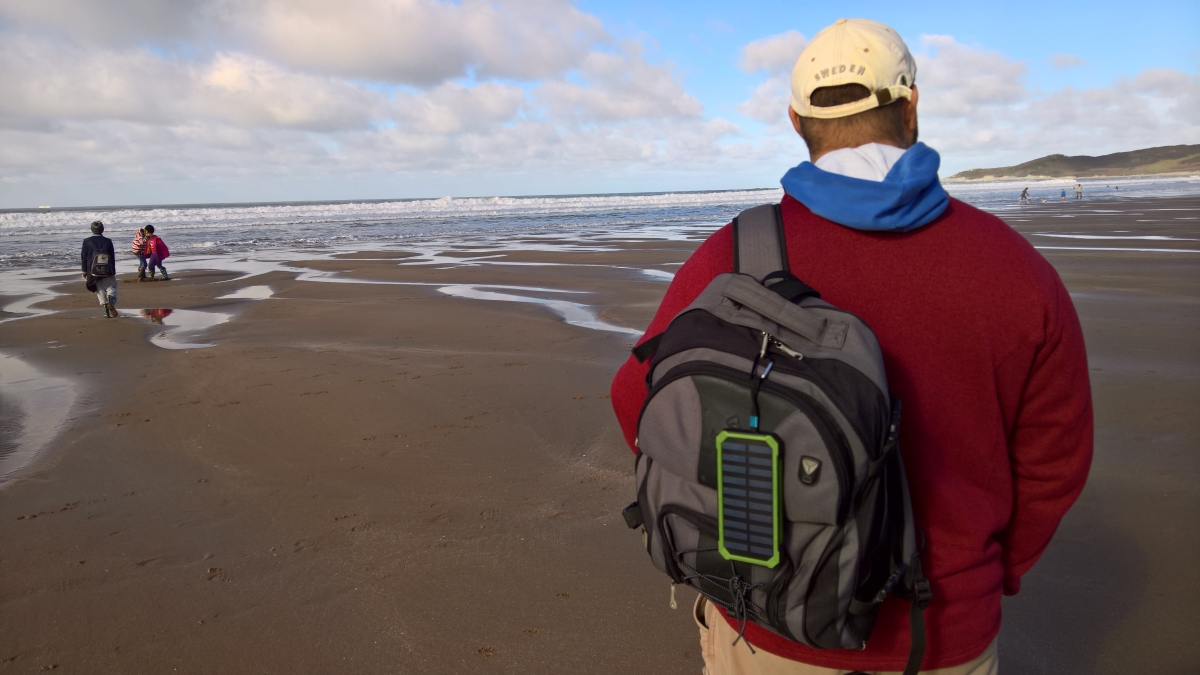Spending time in the great outdoors can be a wonderful experience, but its important to remember that the wilderness can be unpredictable and potentially dangerous. Whether youre camping, hiking, or simply enjoying a day trip, its essential to prioritize safety and be prepared for any unexpected situations that may arise. In this article, well discuss some key tips on how to stay safe in the wild.1. Plan AheadBefore heading out into the wilderness, its crucial to thoroughly plan and prepare for your trip. Research the area youll be visiting, including potential hazards such as wildlife, weather conditions, and difficult terrain. Make sure to bring along the proper gear and supplies, including a map, compass, first aid kit, and plenty of food and water. Let someone know your planned route and expected return time, so they can alert authorities if you dont come back on schedule.2. Dress AppropriatelyWearing the right clothing is essential for staying safe in the wild. Dress in layers to adapt to changing weather conditions, and choose materials that wick away moisture to keep you dry and comfortable. Wear sturdy, supportive footwear to protect your feet from rocks, roots, and other hazards. Dont forget to bring along a hat, sunglasses, and sunscreen to shield yourself from the suns rays.3. Stay HydratedDehydration is a common risk when spending time outdoors, so its important to drink plenty of water throughout your trip. Bring along an adequate supply of water, and consider bringing a water purification system in case you need to source water from natural sources. Avoid drinking untreated water from rivers or lakes, as it may contain harmful bacteria or parasites.4. Be Aware of WildlifeEncountering wildlife can be an exhilarating experience, but its important to treat animals with respect and caution. Keep a safe distance from wildlife and never feed them, as it can disrupt their natural behavior and make them more aggressive. If you encounter a bear or other potentially dangerous animal, remain calm and back away slowly without turning your back on them.5. Carry a First Aid KitAccidents can happen when you least expect them, so its essential to carry a well-stocked first aid kit with you at all times. Your kit should include essentials such as bandages, antiseptic wipes, pain relievers, and any necessary medications. Take the time to familiarize yourself with the contents of your first aid kit before heading out on your trip.6. Stay on Marked TrailsWhile it may be tempting to venture off the beaten path, its best to stay on marked trails to avoid getting lost or encountering dangerous terrain. Trails are typically maintained and marked for a reason, so trust the designated routes for a safer and more enjoyable experience.7. Keep an Eye on the WeatherWeather conditions can change rapidly in the wilderness, so its important to keep an eye on the forecast and be prepared for any unexpected changes. Bring along appropriate gear for rain, wind, or cold temperatures, and seek shelter if conditions become dangerous.8. Pack a Light SourceWhether youre planning a day hike or an overnight camping trip, its essential to pack a reliable light source such as a flashlight or headlamp. In case you find yourself out after dark, having a light source will help you navigate safely and avoid potential hazards.9. Know your LimitsIts important to know your own physical limits and abilities when exploring the wilderness. Dont push yourself too hard or take unnecessary risks that could put your safety at risk. Listen to your body and take breaks when needed to prevent exhaustion or injury.10. Be Respectful of NatureAbove all, remember to be respectful of the natural environment and leave no trace of your visit. Pack out all trash, avoid damaging plants or wildlife, and follow any guidelines or regulations set by the area youre visiting. By practicing good stewardship of the land, you can help preserve wild spaces for future generations to enjoy.In conclusion, staying safe in the wild requires careful preparation, awareness of your surroundings, and respect for the natural environment. By following the tips outlined in this article, you can enjoy your outdoor adventures with confidence and peace of mind. Remember to plan ahead, dress appropriately, stay hydrated, be aware of wildlife, carry a first aid kit, stay on marked trails, keep an eye on the weather, pack a light source, know your limits, and be respectful of nature. With these key principles in mind, you can have a safe and enjoyable experience in the wilderness.


leave a comment